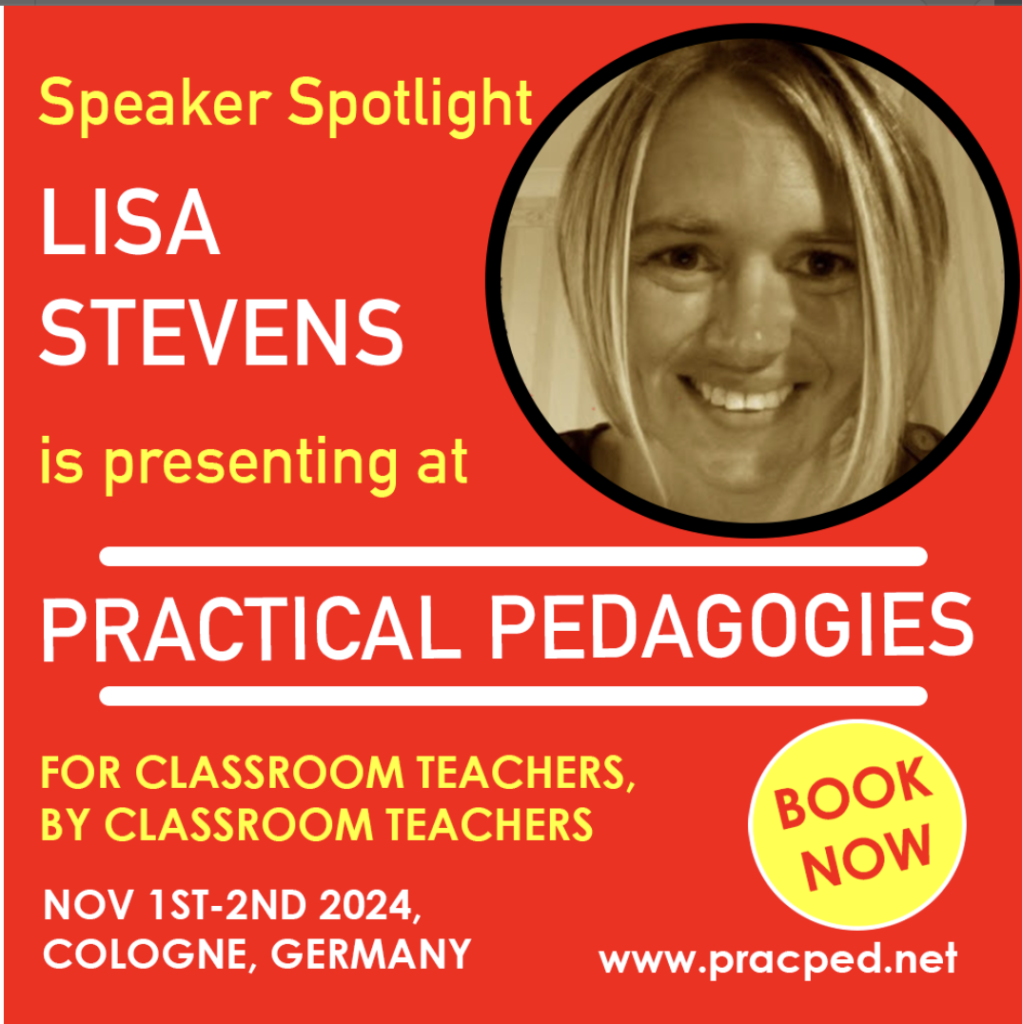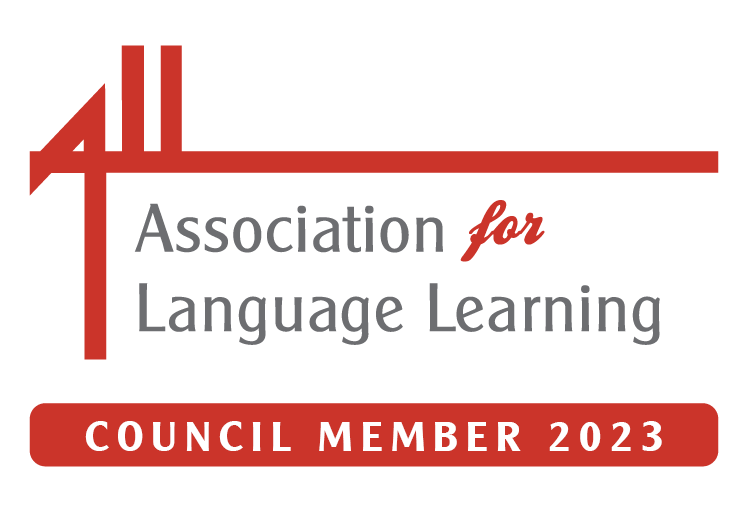After an early start to get to Manchester for the Primary Language Show, I didn’t check my BBC News email alert as usual so was slightly puzzled by José Picardo’s Tweet –
Having checked it out, I’ll tell you, José, and anyone else who’s interested in my opinion!
The post is called ‘Primary Schools ‘have got worse‘ – I don’t like the title – designed for maximum impact obviously! Primary schools ‘have got worse’ – compared to when?? The kernel of the article is that the various bodies reviewing the primary curriculum will report that whilst results in tests are higher, this is due to the increased focus on literacy and numeracy at the expense of others areas of the curriculum.
“While test scores have risen since the mid 1990s, this has been
achieved at the expense of children’s entitlement to a broad and
balanced curriculum and by the diversion of considerable teaching time
to test preparation.”
I would agree that there is a huge emphasis on literacy and numeracy in schools – basically because that’s how the school is judged by many. League tables report on SATs results, not the exciting visit from a local artist, or the afternoon spent lying in the school grounds counting mini beasts.
Year 2 and 6 at school are dominated by SATs – booster classes, practice papers and all – and the rest of the school is affected too as the ICT suite is out of action as an extra classroom. (Not such as big problem this year as we have laptop trolleys in KS2, but KS1 and Foundation are affected)
And we have assessment week for the whole school several times a year during which pupils are under pressure to raise their levels in literacy and numeracy.
I recall being working hard in numeracy and literacy at middle school – lots of mental arithmetic, and tricky spellings, and the like. But I also recall spending whole days painting huge pictures of the Victorians, or a week of working independently on personal topics – I did one about Scandanavia and on another occasion, Sign Language and Braille. Perhaps I have a rosy view of my school days – I did like school- and have forgotten how much time we spent on different sections. We had a test every year – we all went into the hall and did three tests but it wasn’t pressurised, nor had we been ‘hothoused’ to pass them, and we didn’t have SATs.
The LibDem Education spokesman David Laws said “Young children should follow a broad and balanced curriculum. Too much time in primary schools is now spent on test preparation. Creativity is at risk of being squeezed out of our classrooms.”
I’ve blogged before about my wish for creativity, and creative subversion in the primary curriculum, and I don’t think that being a good school with high levels of literacy and numeracy should exclude a creative approach to teaching and learning.
At the Primary Language Show, I’ve heard about several cross curricular projects involving languages, and all have reported increased levels in basic skills as well as the kids having a marvellous time, doing unforgettable things that have blown their minds. I’ll try and find the time to blog about as many as I can (hopefully others will too, eh Joe and Jo??) as I really think school is about more than stuffing minds with facts and coaching kids to pass exams.
What do you think?










